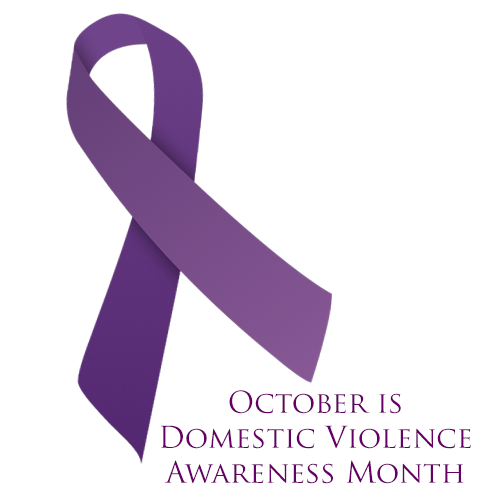Immigrants and domestic violence

VALLEY — Combating domestic violence remains a high priority for community leaders, all kinds of service providers, federal, state, and local governments.
The Battered Immigrant Protection Act of 2000 (VAWA 2000) created relief for immigrant victims of violent crimes, including domestic violence, sexual assault, stalking, and trafficking. The San Luis Valley Immigrant Resource Center’s Por Ti Misma-Assisting Battered Immigrants Program has been assisting battered immigrants in the San Luis Valley and throughout the state of Colorado for the past 17 years.
Immigrant women, particularly those who are undocumented, are vulnerable to abuse and exploitation. Immigrant women are likely to experience these abuses when entering the country, while working, and within their homes. Undocumented immigrant women who are survivors of domestic violence face challenges beyond those experienced by other women in the U.S., such as isolation in a foreign country, constant fear of deportation, and believing they are at the mercy of their spouse to gain legal status. In rural areas, limited programs and resources exacerbate these challenges.
Currently, immigrant women are more likely to work in the informal labor market as domestic workers and caretakers. They are less able to assert their rights or to be protected under current laws. Immigrant women workers are also vulnerable to rape, sexual abuse and harassment, or other gender-motivated exploitation in the workplace. Some immigrant women are brought to the United States through human trafficking networks and are forced to work under conditions such as: constant surveillance, threats of deportation, and physical harm.
In addition, both legal and unauthorized immigrant women may face challenges related to domestic violence, especially if their immigration status depends on an abusive spouse. For example, immigrant women may depend on a U.S. citizen or lawful permanent resident spouse to petition for them through the family-based immigration system. This situation not only leaves immigrant women financially dependent on their spouse, but also leaves them vulnerable to their spouse’s threat of deportation.
Abusive spouses who file immigration petitions for their abused spouses and children often delay, revoke, or fail to file petitions for their family members. Some even threaten to report their victims to immigration authorities. Finally, immigrant women may be fearful of reporting abuse or exploitation to the police for fear that they will be deported and separated from their families. This creates an effective tool for abusers to silence their victims.
For victims who do come forward, there are two forms of relief that allow them to obtain legal status on their own. One is the Violence Against Women Act (VAWA), which permits battered women/men to apply for work permits and later for legal residency. The other is the “U visa”, in use since 2007, which allows victims of domestic violence, sexual assault and other crimes to obtain legal residency if they cooperate with police and the judicial system to help prosecute the offender.
Under VAWA, immigrant victims of domestic violence, child abuse, or elder abuse may “self-petition” for lawful permanent resident status without the cooperation of an abusive spouse, parent, or adult child. It allows the victim to confidentially file the self-petition and attain lawful permanent resident status without separating from the abuser, thereby allowing the victim to leave the abuser after lawful permanent resident status has been obtained.
An approved VAWA self-petition provides the applicant with work authorization, deferred action, and an approved immigrant petition which eventually allows him/her to apply for lawful permanent residency.
San Luis Valley Immigrant Resource Center has two Accredited Representatives assisting crime victims in completing and submitting VAWA self-petitions and applying for the U-visa if they qualify.
For additional information please contact Flora Archuleta or Carmen Stevens at (719) 587-3225.
Flora Archuleta is the Executive Director/DOJ Accredited Representative of the Immigrant Resource Center.



